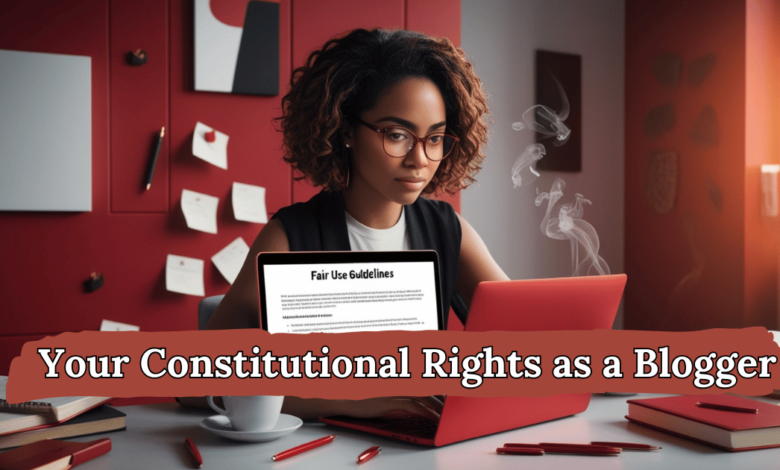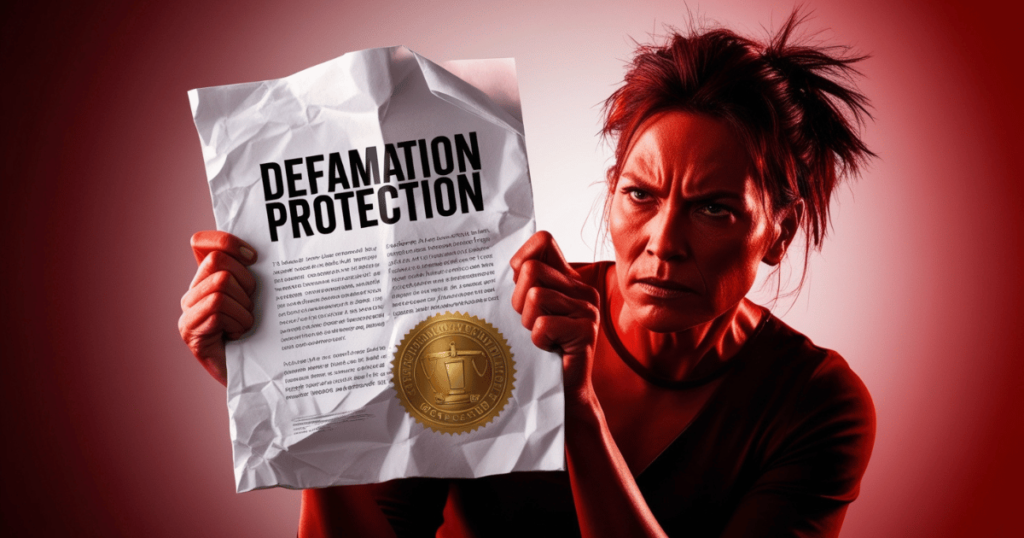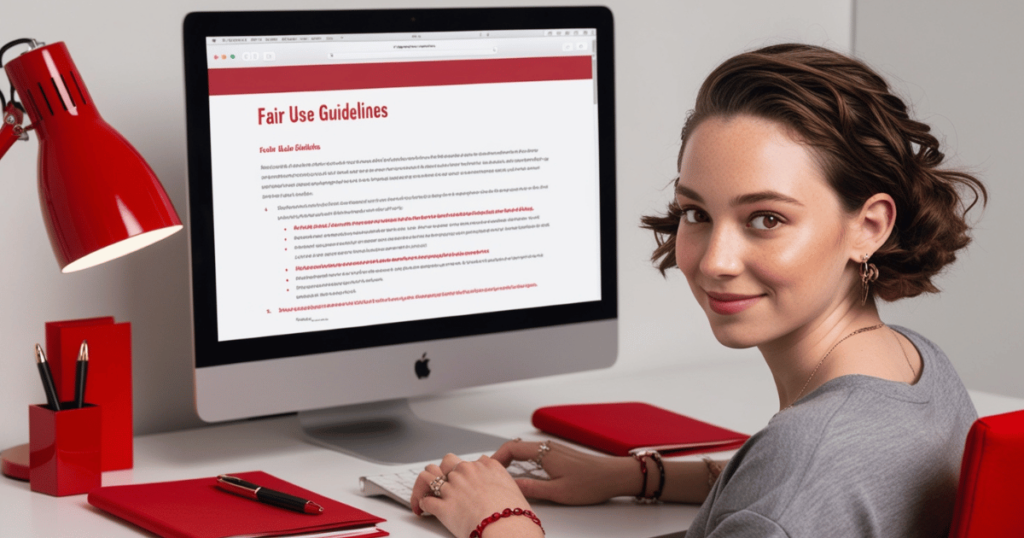
As blogging transforms into a powerful means of self-expression and information sharing, understanding the legal protections and constitutional rights as a blogger becomes essential. Knowing your rights equips you to navigate the complexities of free speech, privacy, defamation, and intellectual property within the blogging world. In this article, we’ll delve deeply into the constitutional rights that define your protections and responsibilities, helping you maximize your impact while staying legally safeguarded.
Table of Contents
ToggleWhat Are the Core Constitutional Rights as a Blogger?
The U.S. Constitution’s First Amendment lays the groundwork for bloggers’ rights, particularly in the realms of freedom of speech and press. These rights enable bloggers to share ideas, opinions, and factual content while maintaining protections against governmental restrictions. However, blogging differs from traditional journalism, and understanding the nuances is vital for every content creator.
The Scope of the First Amendment for Bloggers
The First Amendment encompasses freedoms including speech, press, assembly, and petitioning the government. For bloggers, these protections become relevant when creating content that may involve critique, commentary, or reporting. Here’s how each applies to blogging:
- Freedom of Speech: This right allows bloggers to publish personal opinions or insights without fear of government censorship. However, while content may be protected, it is not immune to legal repercussions if it infringes upon others’ rights.
- Freedom of the Press: Although traditionally granted to established journalists, bloggers covering newsworthy events may invoke this protection, especially if they adhere to ethical standards similar to journalistic practices.
Bloggers should understand that while the First Amendment is robust, it does not shield against civil claims like defamation or invasion of privacy. Balancing freedom of expression with responsibility is essential for sustaining one’s constitutional rights as a blogger.
Shield Laws and Blogger Protections
In certain states, “shield laws” prevent journalists from being forced to reveal sources or unpublished information in court. Some bloggers—especially those working on investigative or public-interest topics—may qualify for these protections, although the application of shield laws to bloggers varies by jurisdiction.
Factors Influencing Shield Law Protections:
- Type of Content: Blogs focusing on newsworthy information or investigative reporting are more likely to be protected.
- Purpose and Intent: Blogs with a mission to inform the public about issues of importance are viewed more favorably.
- Professional Standards: Courts may assess whether the blogger follows ethical journalism practices, such as verifying sources.

Defamation laws are especially relevant to bloggers who publish opinion-based or news-style content. Defamation occurs when a blogger makes a false statement that harms another person’s reputation. To safeguard constitutional rights as a blogger while avoiding defamation claims, it’s essential to understand the following elements:
- Truthfulness: Ensure statements are factual and supported by evidence. Truth is a full defense against defamation.
- Intent: Public figures are required to prove “actual malice,” meaning the blogger knew the statement was false or showed reckless disregard for the truth.
- Protection Against Liability: Familiarize yourself with the boundaries of fair comment and privilege, which can provide additional defenses for content focused on public interest.
Privacy Laws and Their Impact on Bloggers
Privacy laws serve to protect individuals from having their personal details shared without consent. Bloggers must be particularly cautious when dealing with private information about others. Although the First Amendment protects freedom of expression, it does not grant immunity from privacy infringement claims.
Balancing Public Interest with Privacy Rights
To avoid potential legal disputes, bloggers can follow best practices that respect individuals’ privacy:
- Seek Consent: Request permission before sharing sensitive or identifying information.
- Omit Non-Essential Details: Disclose only the information necessary to the context, especially if it involves public figures.
- Anonymize Information: When possible, generalize or anonymize personal details to respect privacy while maintaining the integrity of your content.
By following these steps, bloggers can align their content with privacy laws, strengthening their legal standing and preserving constitutional rights as a blogger.
Intellectual Property: What Bloggers Need to Know

The First Amendment offers broad protections for free expression, but it does not override intellectual property rights. Bloggers must understand copyright laws and the “fair use” doctrine, which permits limited use of copyrighted material under specific conditions.
Check Also: RankIQ Review: Unveiling the Ultimate AI-Powered SEO Tool for Bloggers
Fair Use Doctrine for Bloggers
The fair use doctrine enables bloggers to use limited portions of copyrighted material, provided it serves a transformative purpose, such as commentary or critique. Here’s how to use content fairly while maintaining constitutional rights as a blogger:
- Limit Usage: Use only small, relevant portions of copyrighted work.
- Transform Content: Offer new insights, analysis, or critique rather than merely republishing content.
- Cite Sources: Attribute original sources to respect intellectual property and enhance credibility.
FAQs on Constitutional Rights as a Blogger
1. What protections do bloggers have under the First Amendment?
Bloggers enjoy freedom of speech and, in certain cases, protections similar to those for journalists. However, these protections are not absolute and depend on the nature of the content.
2. Can bloggers be sued for defamation?
Yes, bloggers can face defamation lawsuits if they publish false statements that harm an individual’s reputation. Ensuring factual accuracy is crucial to avoid defamation claims.
3. Are bloggers protected by shield laws?
Shield law protections vary by state, and while they traditionally apply to journalists, some bloggers may qualify if their work aligns closely with investigative journalism.
4. Do bloggers have to follow copyright laws?
Yes, bloggers must adhere to copyright laws. The fair use doctrine permits limited use of copyrighted materials, provided it’s transformative and properly attributed.
5. How can bloggers protect privacy rights while reporting?
Bloggers should avoid disclosing sensitive personal information without consent. Anonymizing information and limiting sensitive details help respect privacy rights.
Conclusion: Your Rights and Responsibilities as a Blogger
Knowing your constitutional rights as a blogger empowers you to create impactful, legally sound content. From understanding First Amendment protections to respecting privacy and intellectual property laws, bloggers must balance freedom of expression with legal accountability. By staying informed and cautious, bloggers can uphold their constitutional rights and continue contributing valuable perspectives to the online community.



